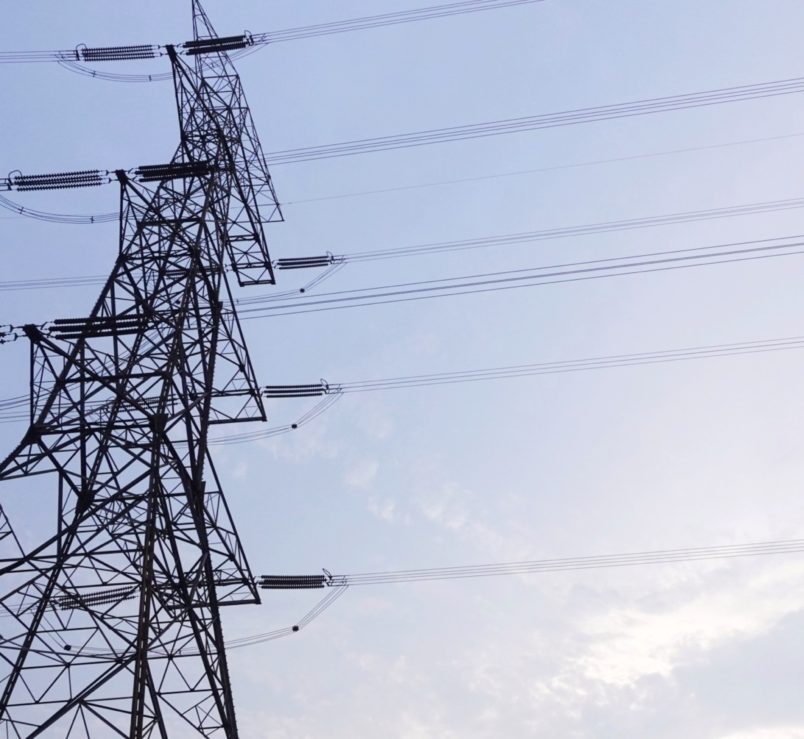Social cost of grid congestion
The energy transition is putting pressure on the Netherlands’ electricity grid, causing grid congestion in various areas where demand for electricity transmission exceeds capacity. This hinders economic growth and sustainability. Ecorys researched the social costs of grid congestion, highlighting the value of investments to address this issue.
Background
Grid congestion occurs when users’ demand for electricity transmission increases. If network operators can no longer meet this growing demand for transmission, this leads to queues for parties requesting (extra) transmission capacity. These queues can only be reduced if measures are taken to relieve grid congestion, such as ‘grid reinforcements’.
Grid congestion can impede the growth of new economic activities, shut down processes and cause delays to projects. This can lead to lost revenues for grid users. In this study on grid congestion, we present a first substantiated estimate of the economic damage due to grid congestion, expressed as the social gross cost of grid congestion for different business sectors.
The gross cost reflects, among other things, how much added value a business sector would no longer be able to realize if exposed to one MWh of grid congestion. Note that the absolute cost of grid congestion for a sector depends on the actual amount of electricity that cannot be delivered in a given situation, which is beyond the scope of this study.
Key findings
If one MWh of electricity is not delivered to a company, it can result in €0 to €14,430 in lost value added, assuming a conventional energy mix. However, for companies that electrify to make their operations more sustainable, the cost can be as high as € 163 to € 49,931 per MWh of grid congestion.
In addition to the lost added value, the Netherlands also misses out on sustainability benefits worth €100 to €354 per undelivered MWh due to grid congestion. In addition, grid congestion can also prevent sustainably generated electricity from being delivered to the grid; leading to missed sustainability benefits of €0 to €121 per MWh of grid congestion. Finally, grid congestion, combined with increasingly stringent environmental policies, may even lead to negative economic growth through loss of market share for certain companies, for example to foreign competitors.
Besides the lost added value, the Netherlands also misses out on sustainability benefits worth €100 to €354 per undelivered MWh due to grid congestion. In addition, grid congestion (feed-in congestion) can also prevent renewable electricity from being delivered to the grid; this leads to missed sustainability benefits of €0 to €121 per MWh of grid congestion.
For more information and a complete overview of the results, read the full report (Dutch).

25 July 2024
2 minute read
Key Experts
Maurice Thijsen
Senior Consultant



